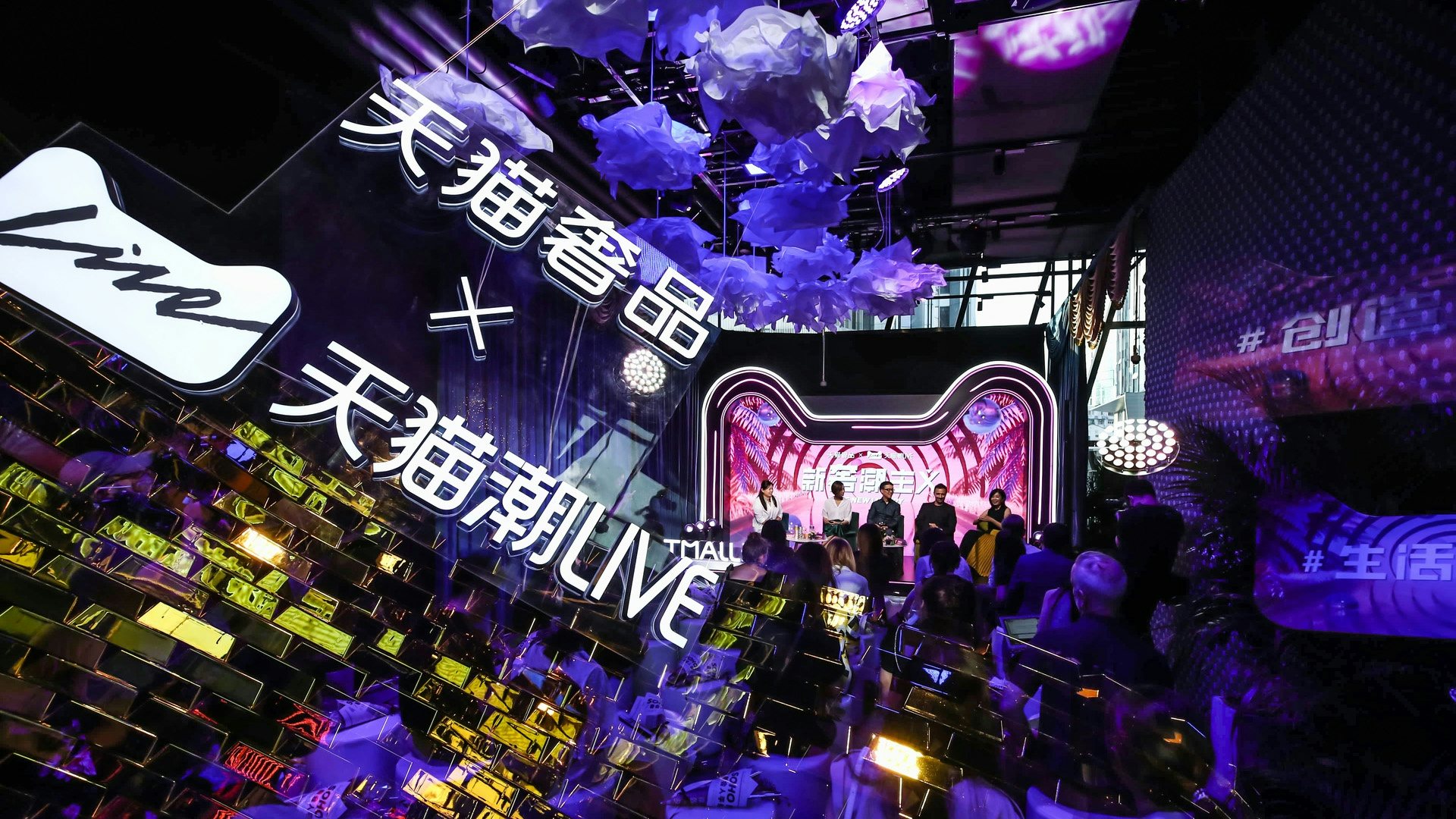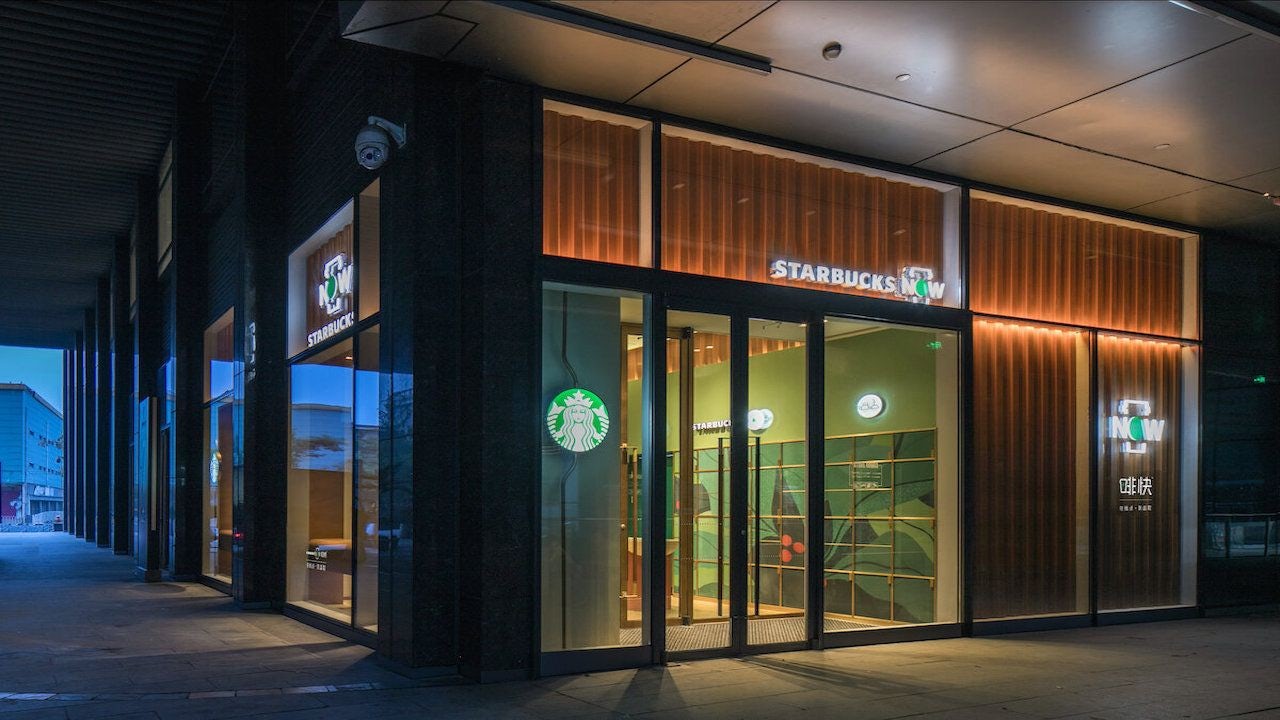Key Takeaways:#
A crackdown on Big Tech would kill innovation. Alibaba is not only a highly-efficient entity, but it’s also an umbrella for several startups.
Breaking up Alibaba would bring reputational damages not only to Jack Ma’s empire but also to China.
Alibaba might hold too much power over luxury brands, but if Beijing cracks down on Big Tech, that power will be allocated to the government.
For months, Alibaba has been caught in the crossfire as the Chinese government cracks down on Big Tech. Now, CNBC reports that Alibaba’s internet browser has been removed from various Chinese app stores.
The development presents an escalation of the conflict between Alibaba and Beijing, as it seems that President Xi Jinping is not backing down from his attempts to regulate Big Tech. Recently, President Xi Jinping called for an acceleration of laws and rules for the country's so-called “platform” companies, according to CNBC. “Some platform companies' development is not standard, and risks exist,” said Xi in an address to China's top economic committee, according to state broadcaster CCTV.
But after investigating Jack Ma’s empire and fining Alibaba for not reporting past acquisitions under the country’s anti-monopoly laws, the government even went as far as to halt the initial public offering of Ma's Ant Group. Moreover,The Wall Street Journal reports antitrust regulators are considering a record fine for Alibaba that exceeds 975 million.
“The rebuke was the culmination of years of tense relations between China’s most celebrated entrepreneur and a government uneasy about his influence and the rapid growth of the digital-payments behemoth he controlled,” says The Wall Street Journal.
However, Alibaba is not the only target. A dozen companies, including Tencent Holdings Ltd. and Baidu Inc., were fined by regulators in March over past investment deals. That was not the first time government watchdogs have fined Tencent and Baidu.
How will the Big Tech crackdown affect luxury?#
Vogue Businessargues that the launch of a Chinese antitrust investigation “may turn out to be to the advantage of luxury brands operating in China.” Likewise, it explains how the investigation could put an end to “choosing one from two,” — a practice employed by certain e-commerce players that forces brands “to sign exclusive cooperation agreements preventing them from selling products on rival platforms.”
In theory, stepping up independent oversight seems like a smart, reasonable move. But what Vogue Business fails to acknowledge is the disruption that the failure of Big Tech would create.
Ant Group CEO Simon (Xiaoming) Hu has already announced he would be stepping down, and future departures should be expected. Dramatic changes can spread terror and lead to reactive attitudes and abrupt decisions, so it is hardly surprising that investors are nervous about the future of Alibaba.
“If the Chinese government is looking to crackdown on outspoken entrepreneurs and take a more conservative line with their larger tech businesses, then this will dent investors' confidence in the brand,” said Andy Halliwell, senior director of retail at the digital consultancy Publicis Sapient, in an email to CNN.
On top of that, a crackdown on Big Tech would kill innovation. Alibaba is not only a highly-efficient entity; it is also an umbrella for several startups. The Group has made direct investments in Fintech companies in Southeast Asia, worked on cutting-edge technologies for smart cities, and “backed Ramp;D initiatives in AI, quantum computing, and emerging new tech-driven markets.”
Breaking up Alibaba would bring reputational damages not only to Jack Ma’s empire but also to China. Beijing has tried hard to hold on to foreign businesses and bolster its reputation as a trusted international partner. But an attack on Alibaba could be interpreted, in the West, as an attack on entrepreneurship and independence.
Instead of celebrating a crackdown on Big Tech, retail executives should consider the implications on their businesses. Jack Ma is the founder of the “New Retail” model, but would the model survive him? “The success of New Retail derives from a seamless and highly personalized shopping experience — all of which may come crashing after being picked apart from the state's new regulatory rules and stringent crackdown,” says Forbes.
Alibaba might hold too much power over luxury brands, but if Beijing cracks down on Big Tech, its power will be allocated to the government. Chinese government entities could compile and misuse consumer data and personal information, which would not only put Chinese citizens at risk but also foreign shoppers on the Aliexpress platform.
Lastly, taking vigorous actions against “hidden advertising” and personalized ads could steal Alibaba’s thunder. Alibaba’s demand forecasting system helps luxury brands and merchants minimize the mismatch between supply and demand and design personalized solutions. But without the ability to access a high volume of personal data, brands won’t be able to come up with those solutions. That will hurt luxury powerhouses like Gucci and Louis Vuitton, which built their brands around smart, customer-centric strategies.
Alibaba and Chinese Big Tech are far from perfect, but they bring innovation to the table. The European Union case shows that excessive regulations hinder innovation and competition, and European luxury houses know all too well that an interventionist approach is never the solution but rather the problem.


